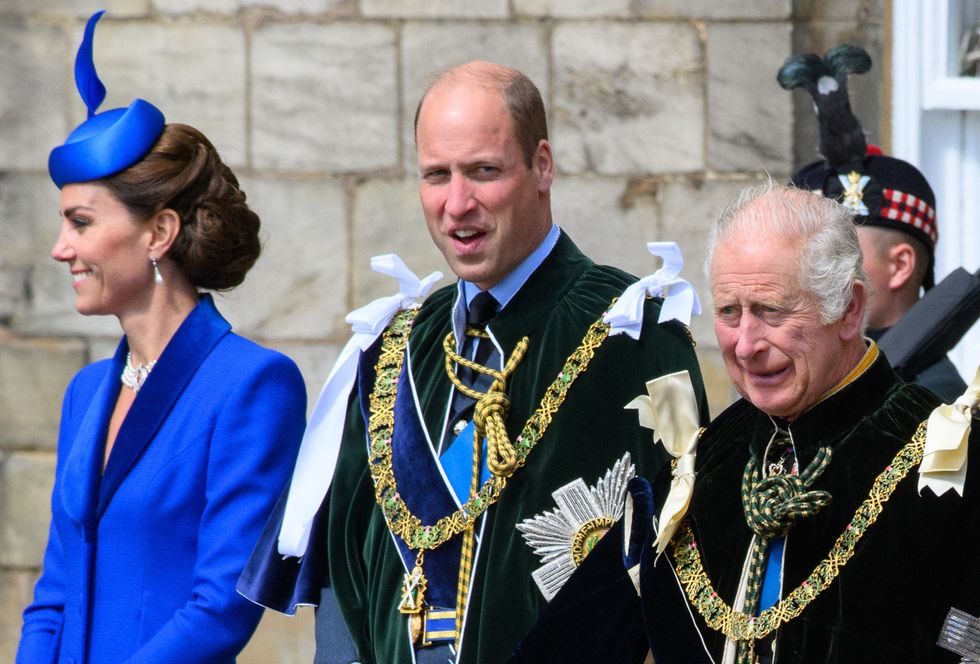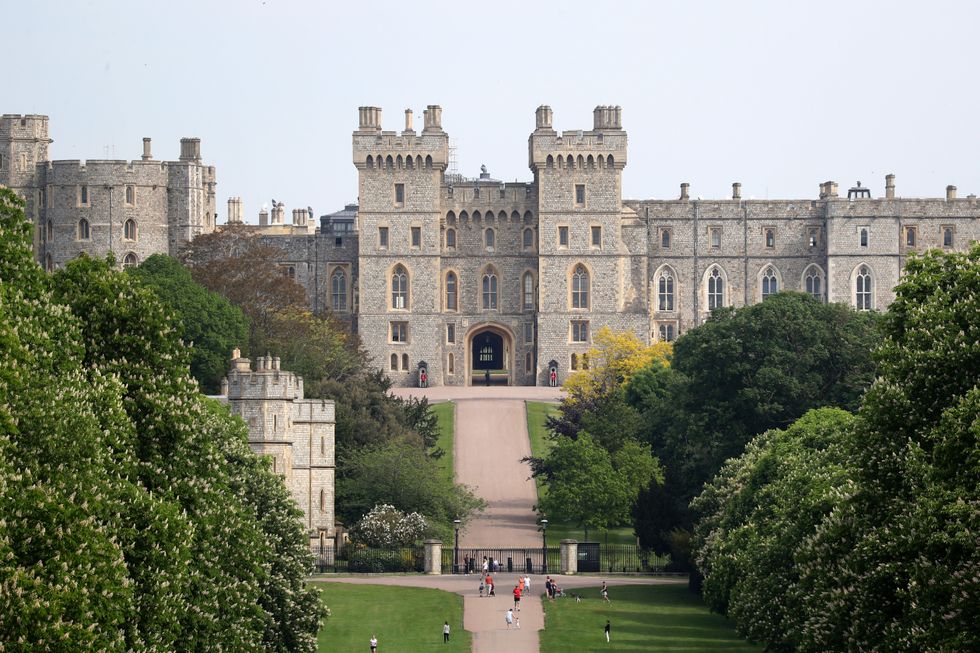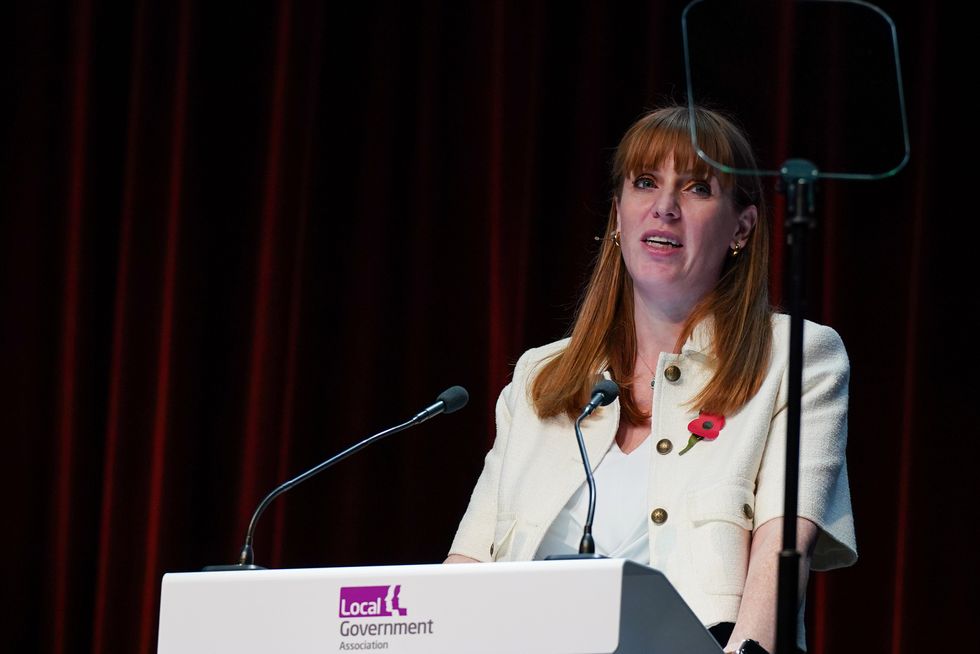The Royal Family could face a significant council tax increase as the Royal Borough of Windsor and Maidenhead grapples with a severe financial crisis.
The local authority, which covers Windsor Castle, is seeking permission from ministers to raise taxes above the usual limit to address an £8.8 million deficit in its budget.
This potential hike would affect all residences in the affluent area of Berkshire, including the royal residence.
The council tax for Windsor Castle is currently covered by the Sovereign Grant.

The Royal Family could face a significant council tax increase as the Royal Borough of Windsor and Maidenhead grapples with a severe financial crisis.
Getty
The local authority, warns in its new Financial Resilience Review that “tough and, in some cases, unpopular decisions” must be made to avoid bankruptcy.
Currently, local authorities in England are restricted to annual council tax increases of 2.99 per cent, with an additional 2 per cent allowed for social care. Any higher increases require a public referendum.
The council’s Financial Resilience Review starkly states: “The council is now almost effectively bankrupt.”
To avoid issuing a Section 114 notice, which would lead to government intervention, the council is seeking Exceptional Financial Support (EFS). This would allow them to borrow money and sell assets.
The situation in Windsor and Maidenhead reflects a broader trend.

The council tax for Windsor Castle is currently covered by the Sovereign Grant.
Getty
Ministers are reportedly considering lifting or removing the council tax cap entirely to address the funding crisis in local government without requiring additional Treasury funds.
The financial struggles of Windsor and Maidenhead are not unique. A recent survey found that one in four town halls fear they may need to request Exceptional Financial Support in the next two years.
This year alone, an unprecedented 18 councils have already requested bailouts to cope with rising demands for social care, temporary housing, and transport for children with special educational needs.
Since 2018, eight councils have issued Section 114 notices, effectively declaring bankruptcy.
LATEST ROYAL NEWS:

Rayner announced several measures to support struggling councils.
Getty
However, none have done so this year as they await potential assistance from the upcoming Budget or the local government finance settlement in December.
Deputy Prime Minister Angela Rayner addressed the local government financial crisis at the Local Government Association conference in Harrogate.
She acknowledged the need to “face up to the financial crisis facing local government” and admitted the government “can’t fix the system overnight”.
Rayner announced several measures to support struggling councils.
These include scrapping the “punitive payday loan premium on borrowing for councils in need of Exceptional Financial Support” and providing multi-year funding settlements to improve stability and long-term planning.